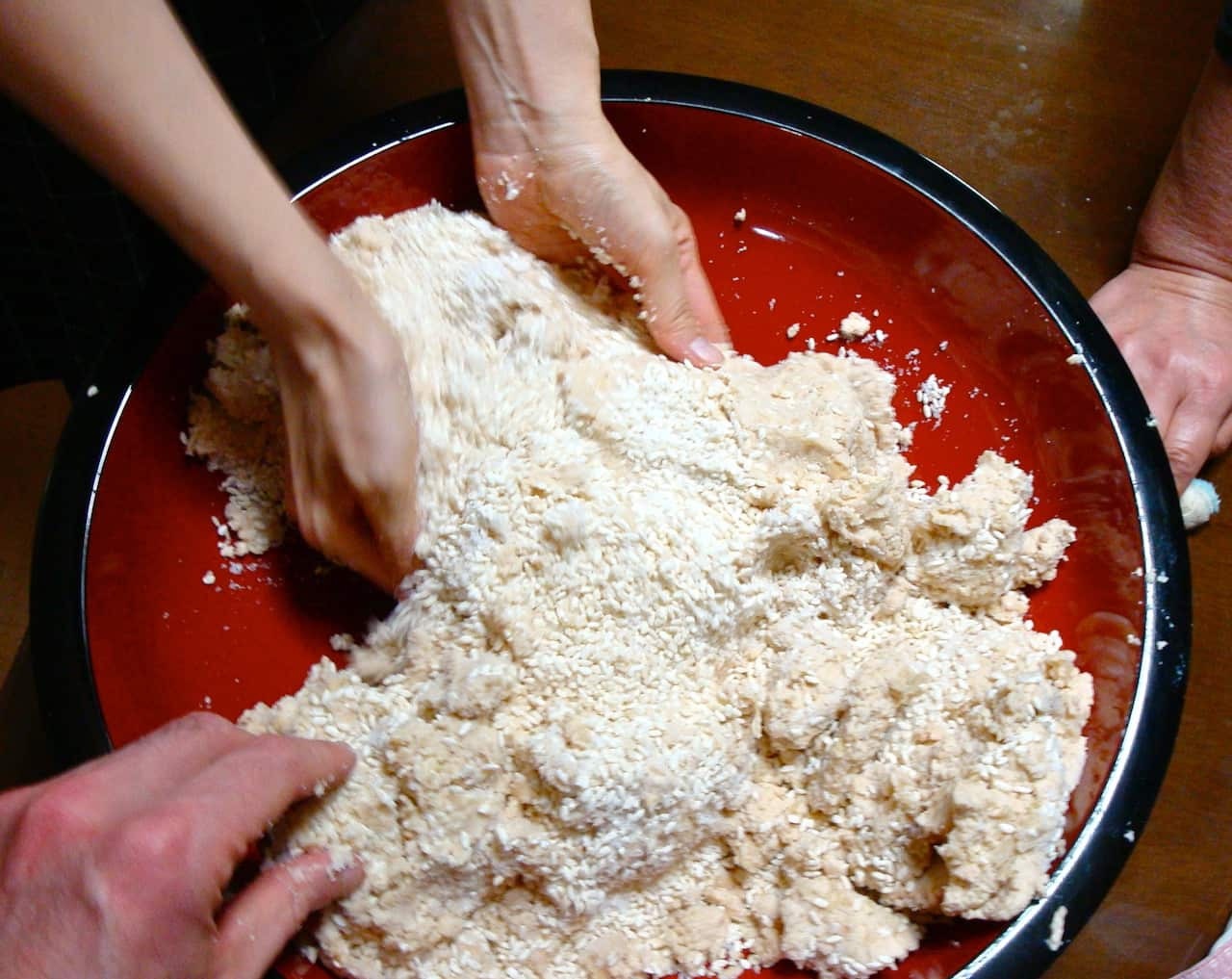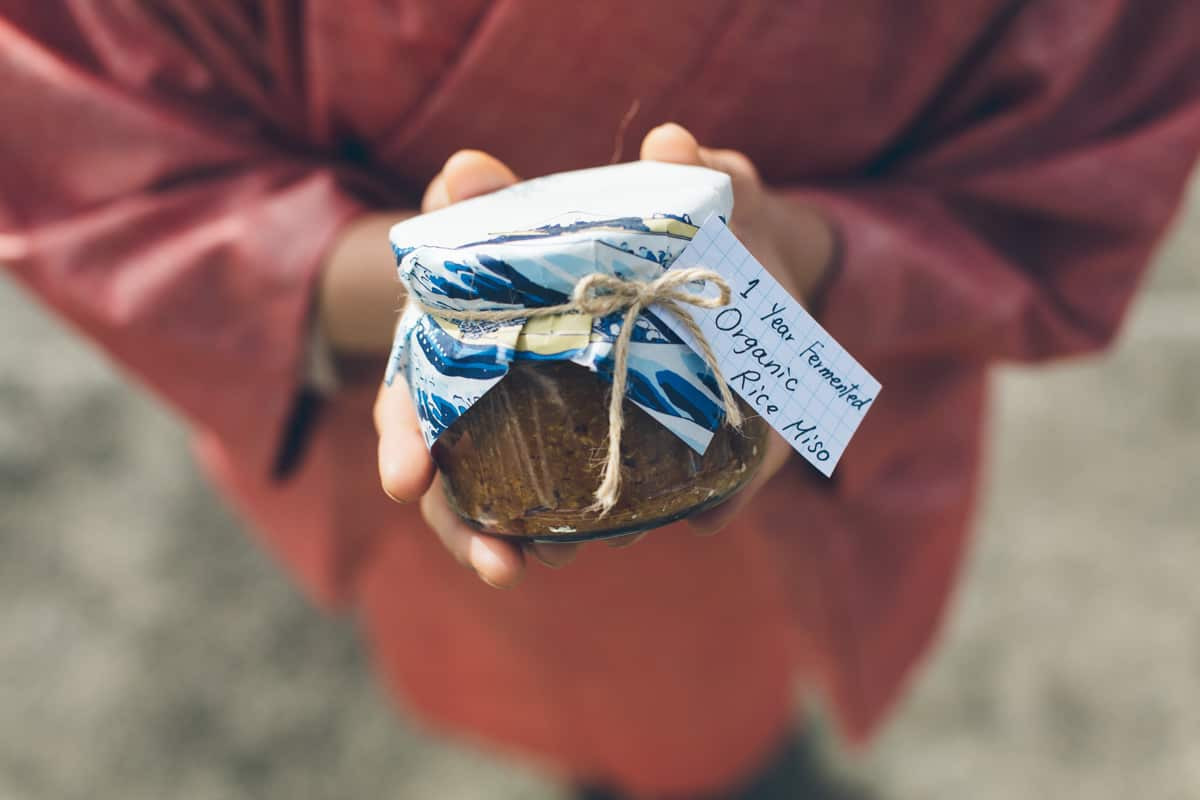I wear kimonos, the dress is part of my lifestyle and I wear it as much as I can. It’s become sort of my uniform, by wearing it I’m saying, ‘I’m Japanese.’ But when I moved to Australia, I thought maybe it’s not a good thing, maybe it shows I’m different and not merging into the community.

In 2012, I moved to Melbourne from Tokyo to be with my Australian husband. One of us had to move, we thought it would be easier for me because I could speak English. In Japan, once you have a job, you’re there for life, so leaving work and my home was a big decision. Still, we thought it was going to be easy. Perhaps I was naive.
First of all, I faced language problems. People don’t use the English I learnt from textbooks. I didn’t know how to answer questions. When people asked ‘What are you up to?’ I just didn’t know what they meant! But it was more than that, it was my behaviour, too. Gradually I started to feel that something I was doing wasn’t right. It dragged my confidence from me.
I felt I was under the ground, it was difficult to breathe, difficult to move. I was out of place and I had no confidence.
The biggest struggle for me was learning how to act as a woman in Australian society. I felt Australian women are very strong and that’s something I wasn’t trained well in. I wasn’t sure if I could be like that, but you have to in this country. It’s weird, because a lot of people in Japan want to be equal, but it is really behind in this context. As a girl, I told my parents I want to go to university.
They said ‘You don’t have to go to university because you are a girl.’ It’s changing, but there are still not many female leaders. As a woman, behaviour and expectation is so different. At home, you don’t want to show how great you are in public.
It was a really hard moment, I felt like I was in the dirt. Living in the dirt is heavy, you can’t see what is happening around you and you can’t hear what is happening around you. I felt I was under the ground, it was difficult to breathe, difficult to move. I was out of place and I had no confidence.

I thought, ‘This is something I have to get through, I have to be in Australian society, I have to learn for myself.’ My husband encouraged me to go out and make friends, to get out of the house. I went to English classes, they were all immigrants, struggling with the lifestyle and new rules. I found a whole lot of people with a whole lot of problems in their own ways. It’s good to share, but it doesn’t solve the problem.
At home, Mum and I make miso every year. I did the same thing in Melbourne. I started just to try, I wasn’t sure it would work. It takes one year to ferment and, wow, it worked. I posted it on Facebook. Several people wanted to buy it, so I began to think that, maybe, it could be a business. I took my miso to the local primary school fete at the end of 2013. Within one hour, all the miso was gone. I never thought I would sell my miso but I realised there is a demand for my real fermented miso. It was a really happy day. It was something I did for myself anyway and people wanted to pay for it. That was incredible.
I felt distanced from people and I couldn’t find a connection, I didn’t know how to behave. I thought no-one had interest in me. I just couldn’t be myself, I was struggling to be myself. It was trial and error every day.
I felt accepted and that my existence and what I do was appreciated by the community. I never imagined myself being a business woman. The jobs I first had here in Australia just didn’t work, it made me really sad. I worked for a food distributor and also in a cafe. That left a big scar, I felt like I was a loser.
Now I see that the knowledge I got from growing up, the whole of my life experience, has become business material. I took a business course and now run workshops in Japanese fermenting methods and I have customers from interstate and even inquiries from overseas. I have something I can offer to this country, and that feels really great.
I’m proud of myself. At a Global Sisters [an Australian charity that supports CALD women entrepreneurs] meeting recently, I thought ‘Yoko look at yourself, you’re talking about business and a bright future.’ It’s amazing. I have my confidence back. I’ve made good friends, I can share my troubles and I feel like I’m very welcomed.
I felt distanced from people and I couldn’t find a connection, I didn’t know how to behave. I thought no-one had interest in me. I just couldn’t be myself, I was struggling to be myself. It was trial and error every day.

In the last few months, I finally felt like my language has reached a point where I have come up from the dirt and I am living in a cloud. I still can’t see clearly, but it’s much lighter and I can see more.
I thought there wasn’t much cultural difference between Japan and Australia, but there is. And that is ok. I’d say to people moving to Australia, do volunteer work and meet lots of people. Share what you love.
I didn’t stop wearing my kimono. I realise that instead of being a barrier, it gave me a lot of opportunities to talk to people. If I wear it on the street, a lot of people stop and talk to me. That’s just great.

